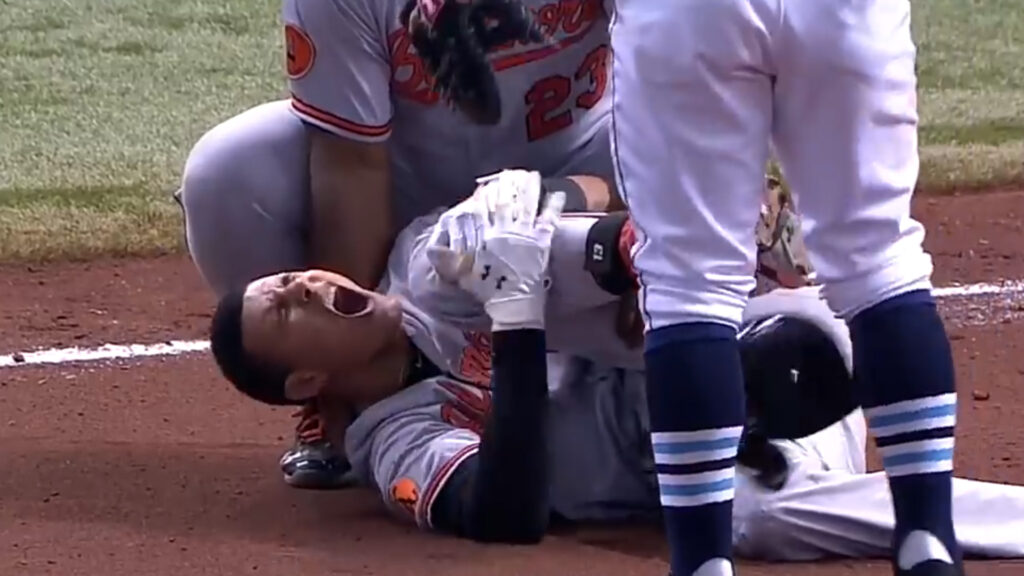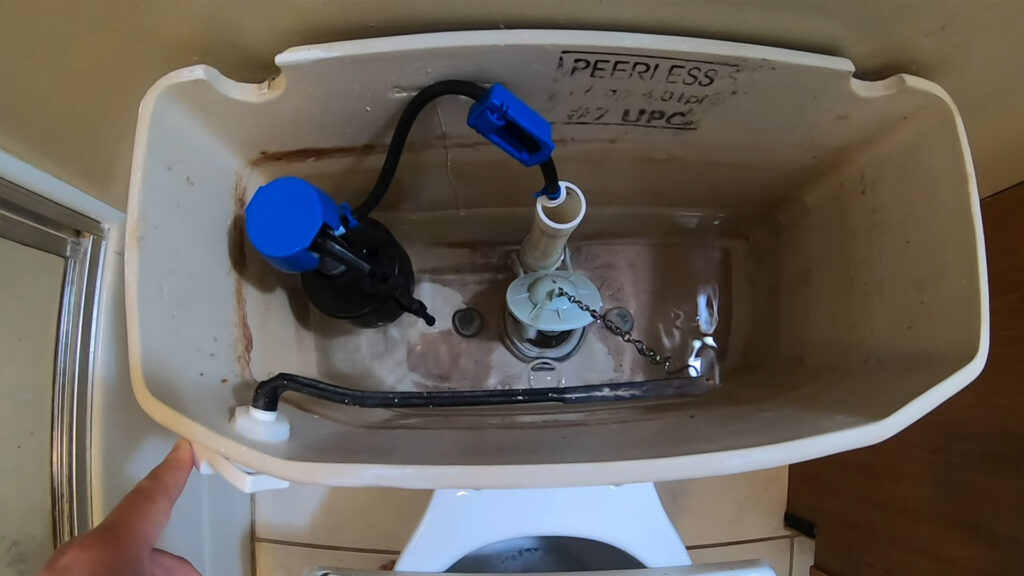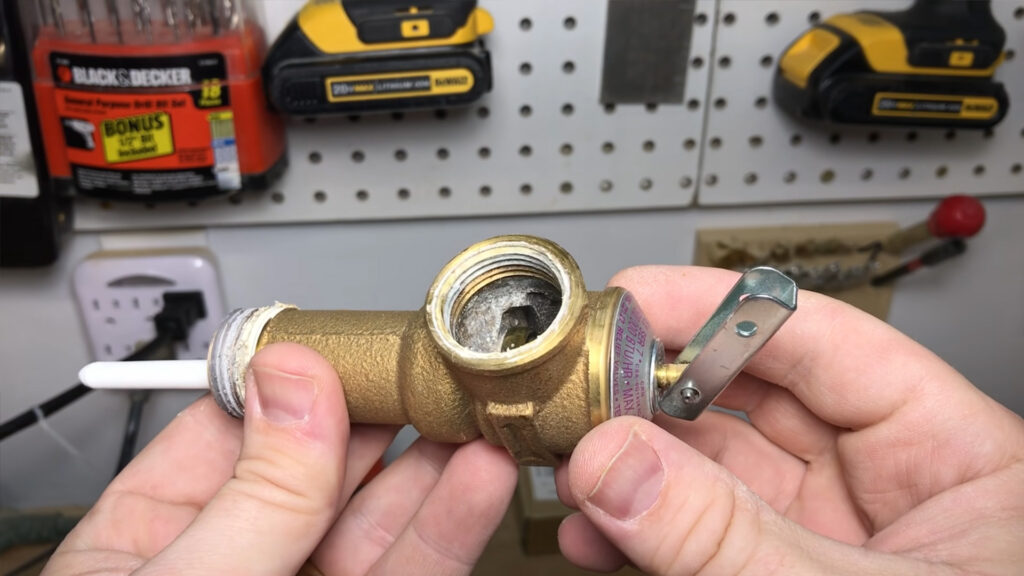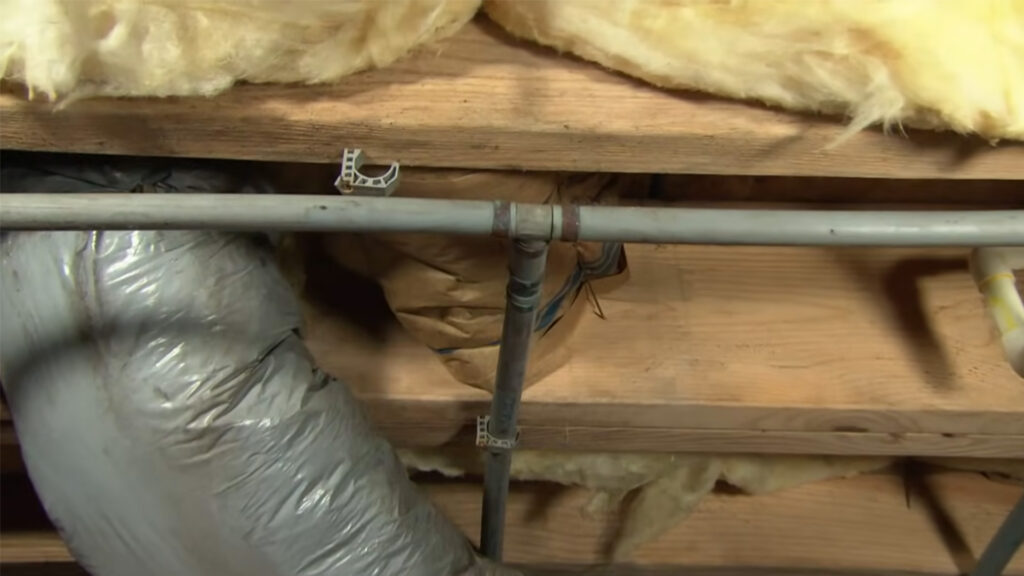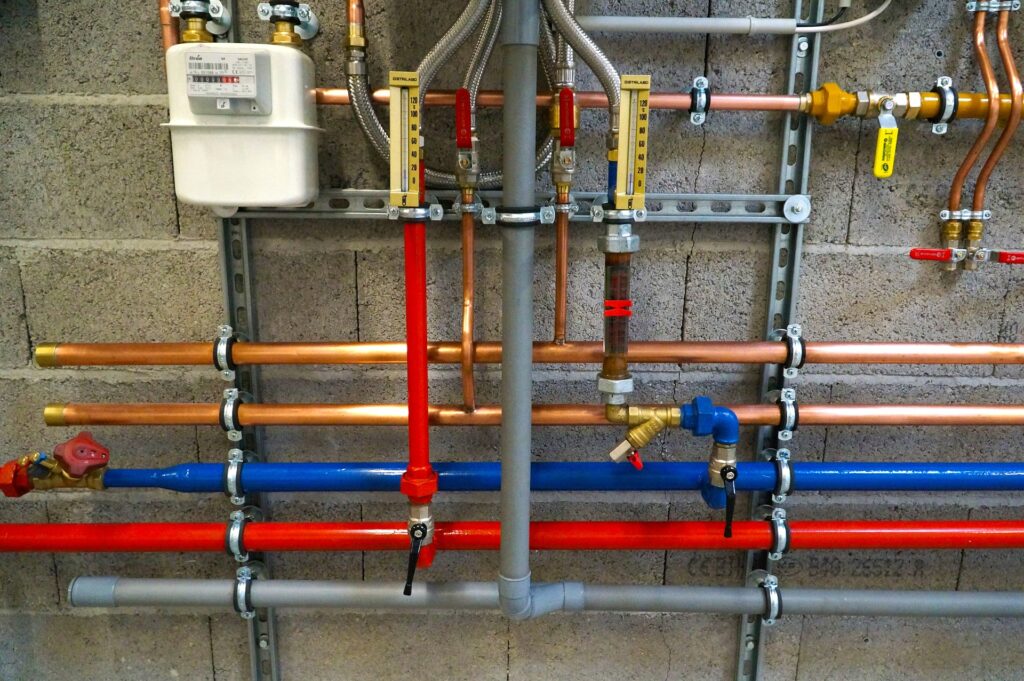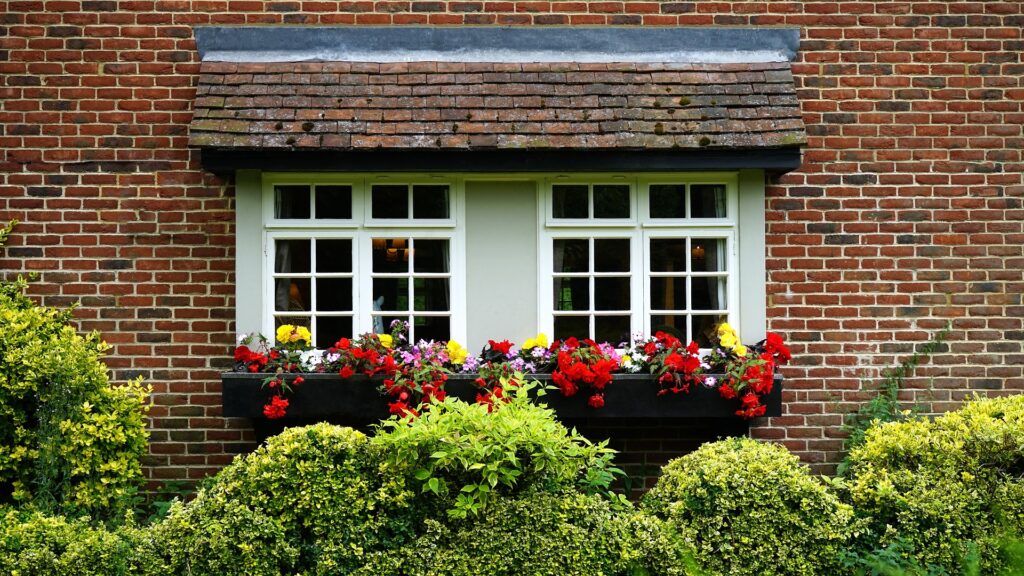When water damage strikes, Philadelphia homeowners often turn to their insurance policies for relief, expecting coverage for repairs and restoration. However, insurance claims aren’t always straightforward. One of the more perplexing terms homeowners may encounter is “gradual damage exclusion.” Understanding what this means and how it impacts your water damage claim is essential for safeguarding your property and finances.
Understanding Gradual Damage
Gradual damage refers to damage that occurs over an extended period due to ongoing or continuous exposure to certain conditions, such as water, humidity, or wear and tear. Unlike sudden incidents, such as a burst pipe or a storm-induced roof leak, gradual damage happens slowly, often unnoticed, until the problem becomes significant.
Common examples of gradual damage include:
- Leaking pipes: A small, persistent leak that slowly damages your walls, floors, or ceilings over months or even years.
- Roof deterioration: Over time, a roof can develop minor cracks or lose shingles, allowing water to seep in gradually, leading to interior damage.
- Mold growth: If moisture is not promptly addressed, mold can develop and spread, causing health risks and structural damage.
- Foundation cracks: Water infiltration over time can cause cracks in the foundation, compromising the structural integrity of your home.
The Gradual Damage Exclusion in Homeowners Insurance
A gradual damage exclusion is a clause in many homeowners insurance policies that denies coverage for damage that develops slowly over time. Insurance companies typically cover sudden, accidental events but may exclude coverage for damage that they deem preventable or the result of neglect.
For example, if a pipe in your home has been leaking slowly for months, and you only notice it when it finally causes significant water damage, your insurance provider may deny the claim, citing the gradual damage exclusion. They might argue that the damage could have been prevented with regular maintenance or prompt action when the issue first arose.
How Gradual Damage Exclusion Affects Philadelphia Homeowners
Philadelphia’s unique climate, with its hot, humid summers and cold, snowy winters, can contribute to gradual water damage if homeowners aren’t vigilant. For instance, fluctuating temperatures can cause pipes to expand and contract, potentially leading to small leaks. Similarly, older homes common in the Philadelphia area might have aging roofs and plumbing systems more susceptible to gradual wear and tear.
If you live in a historic neighborhood or an older home, it’s especially important to be aware of the potential for gradual damage and take steps to prevent it. Unfortunately, even with the best precautions, gradual damage can still occur, and when it does, the exclusion clause can make the situation even more challenging.
Preventing Gradual Damage: Tips for Philadelphia Homeowners
While a gradual damage exclusion can complicate insurance claims, there are proactive steps you can take to minimize the risk:
- Regular Inspections: Have a professional inspect your home’s plumbing, roof, and foundation at least once a year. Early detection of potential issues can prevent them from becoming serious problems.
- Address Small Problems Promptly: Don’t ignore minor leaks, damp spots, or other signs of water intrusion. Addressing these issues immediately can prevent long-term damage.
- Maintain Your Roof and Gutters: Clean your gutters regularly to ensure proper water drainage, and inspect your roof for missing or damaged shingles, especially after storms.
- Monitor Humidity Levels: Use dehumidifiers in basements and other moisture-prone areas to prevent mold growth.
- Document Repairs and Maintenance: Keep records of any repairs, inspections, and maintenance work. This documentation can be crucial if you need to dispute a denied claim.
What to Do if Your Claim is Denied Due to Gradual Damage Exclusion
If your insurance claim is denied because of a gradual damage exclusion, don’t give up hope. Here’s what you can do:
- Review Your Policy: Carefully read through your homeowners insurance policy to understand the specific exclusions and coverage details.
- Consult a Professional: Contact a public adjuster or an attorney who specializes in insurance claims. They can help you interpret your policy and negotiate with the insurance company.
- Get a Second Opinion: If your insurer denies your claim, consider getting an independent assessment from a water damage restoration professional like Philly Damage Restoration. We can provide a detailed report that may support your case.
- File an Appeal: If you believe your claim was wrongfully denied, you can appeal the decision. Provide any additional evidence, such as maintenance records or expert opinions, to strengthen your appeal.
Conclusion
Gradual damage exclusions can be a frustrating and costly reality for homeowners in Philadelphia. By understanding what this exclusion entails and taking proactive steps to maintain your home, you can minimize the risk of uncovered damage. And if you ever find yourself facing a denied claim, know that you have options. At Philly Damage Restoration, we’re here to help you navigate the complexities of water damage and work towards the best possible outcome for your home.


